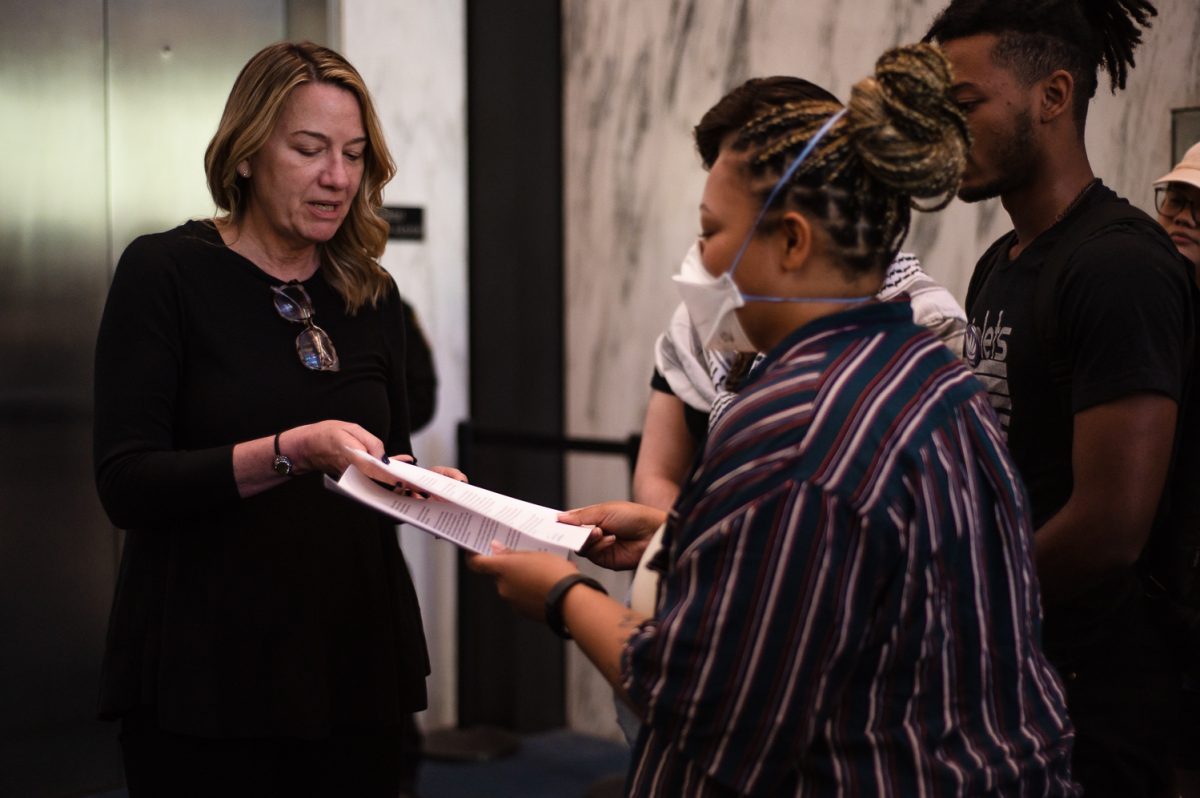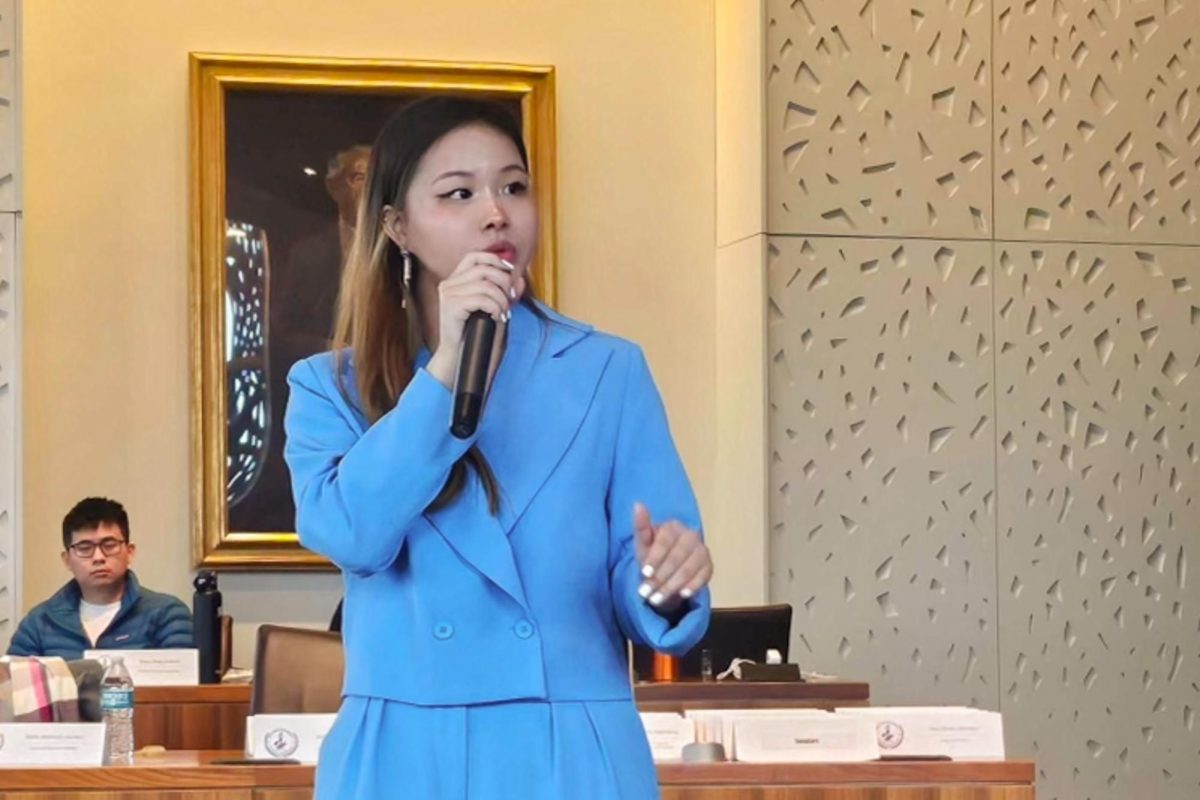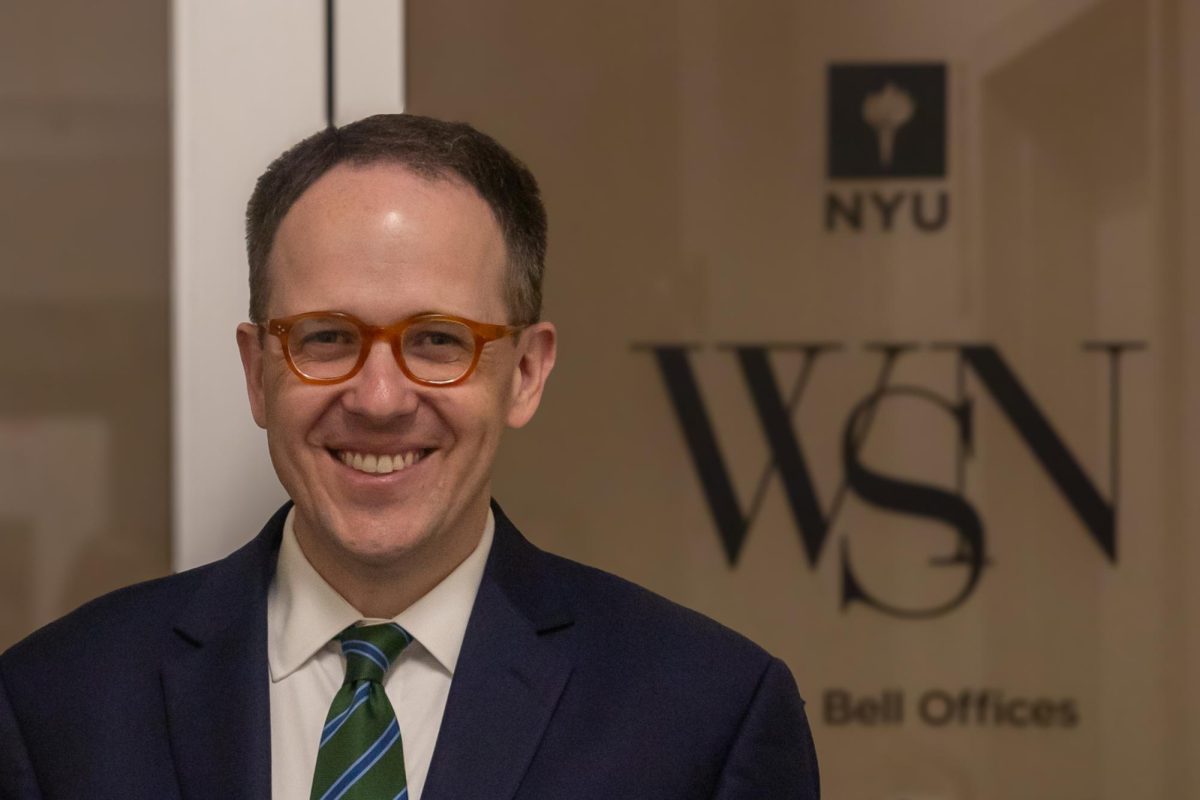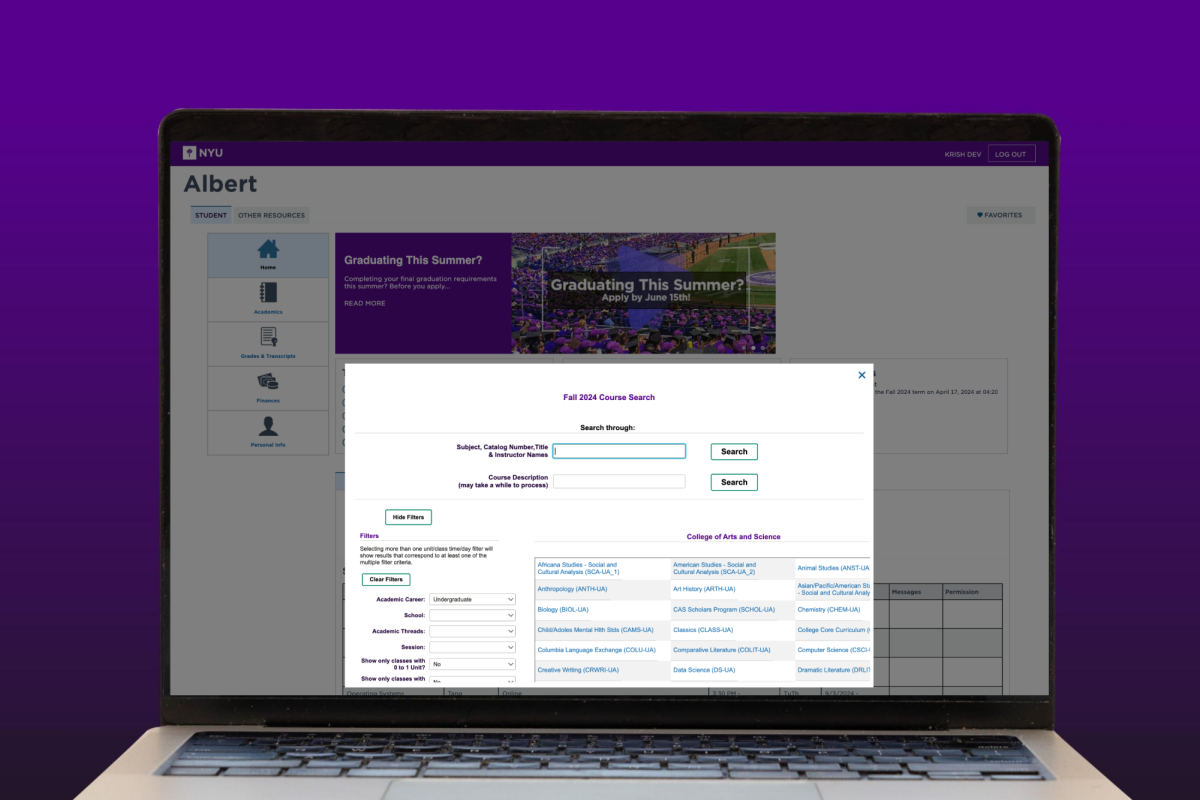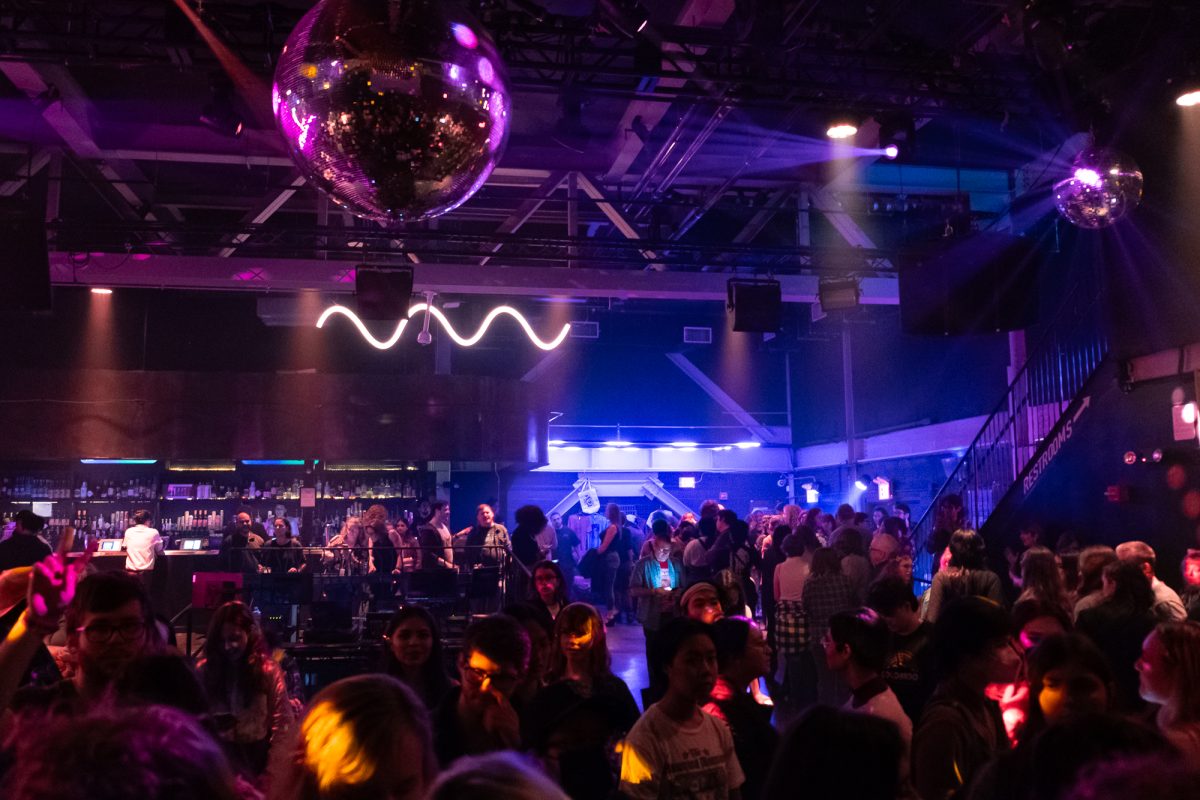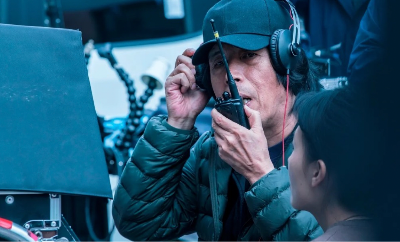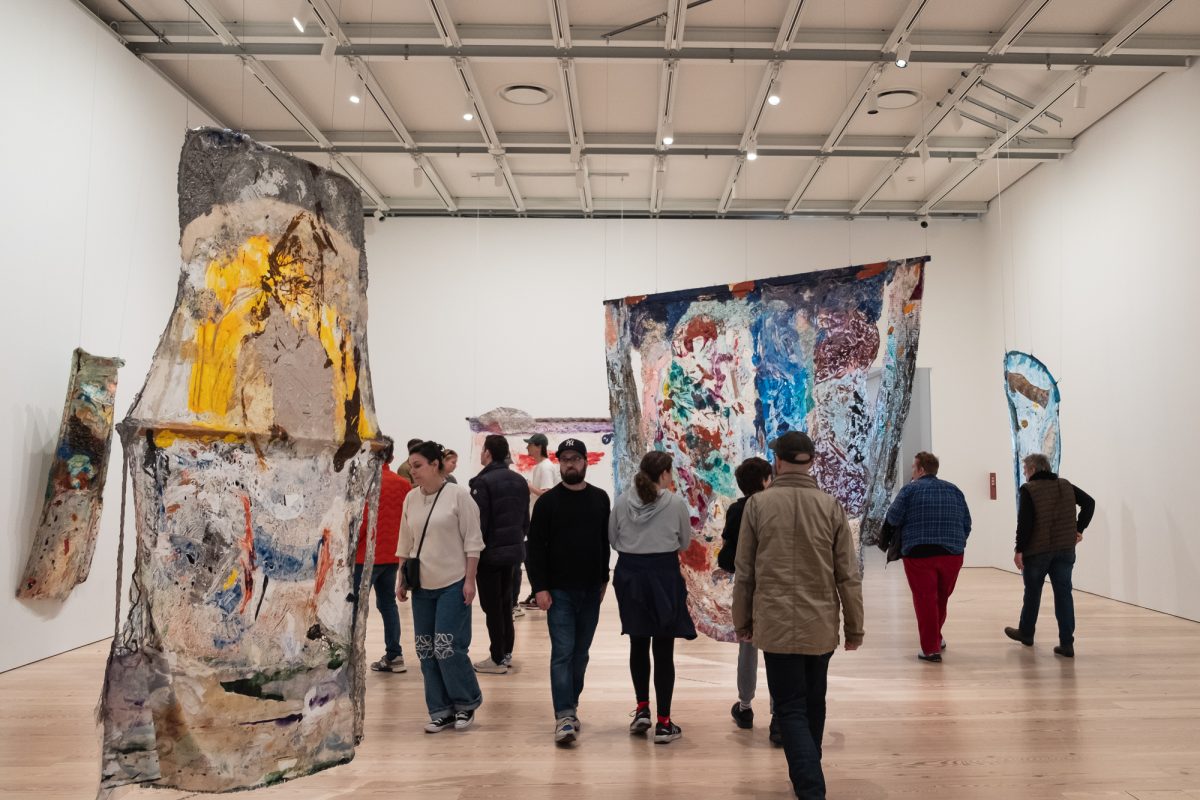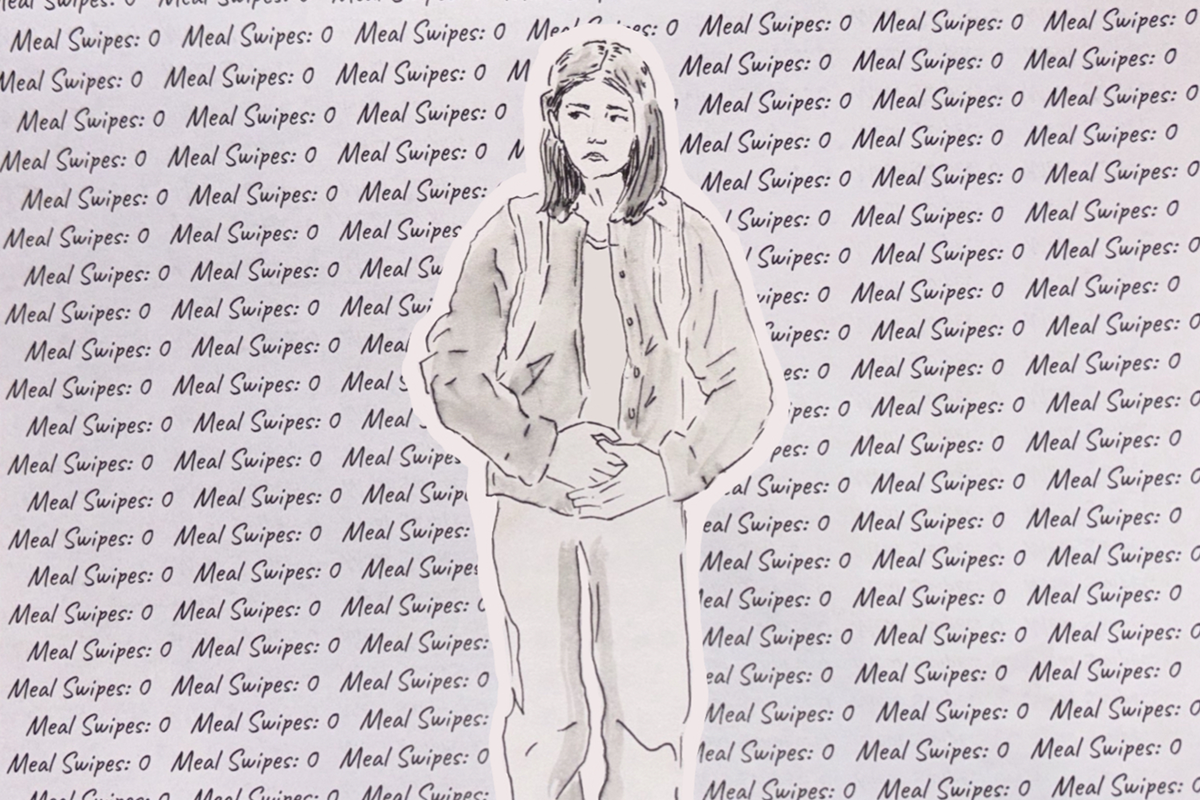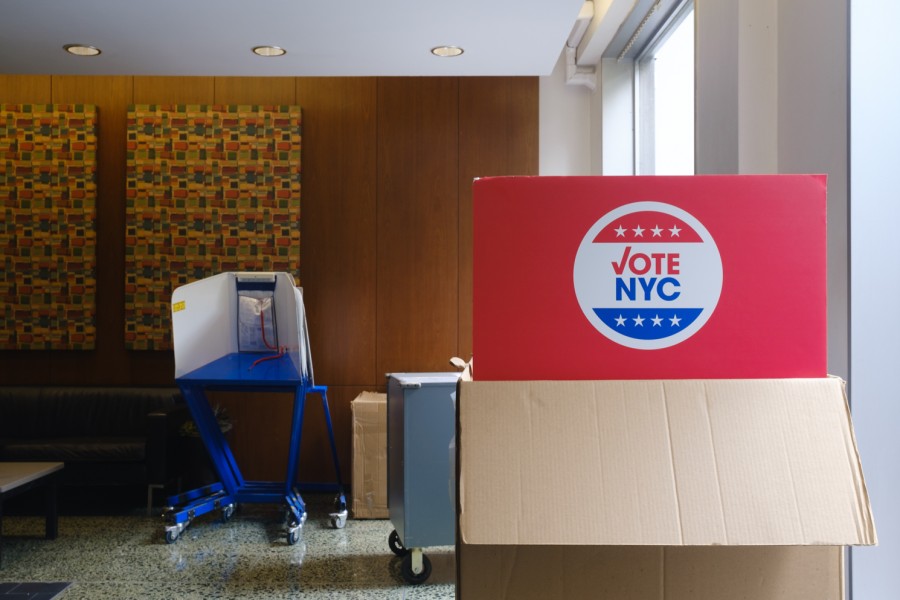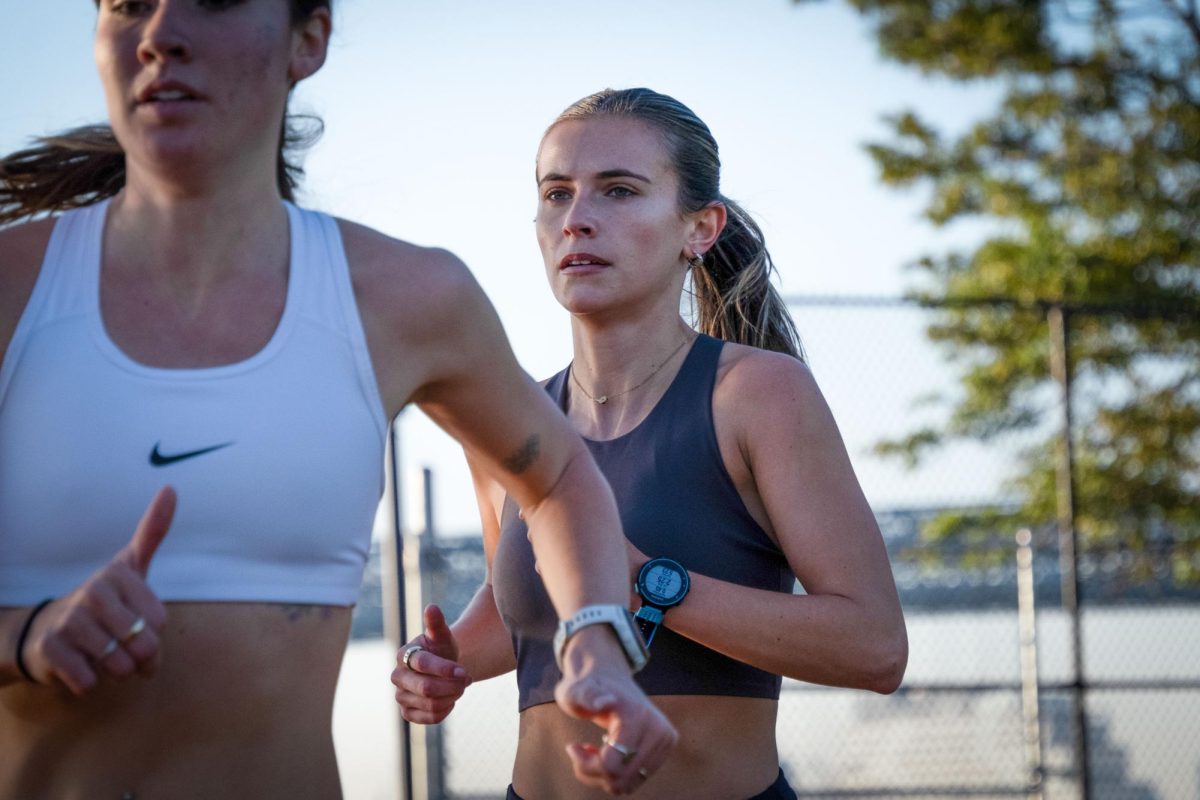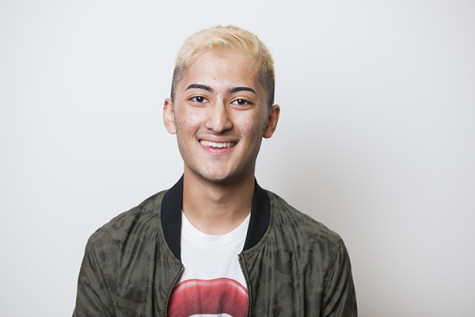NYU Reacts: Protests persist in Venezuela
February 24, 2014
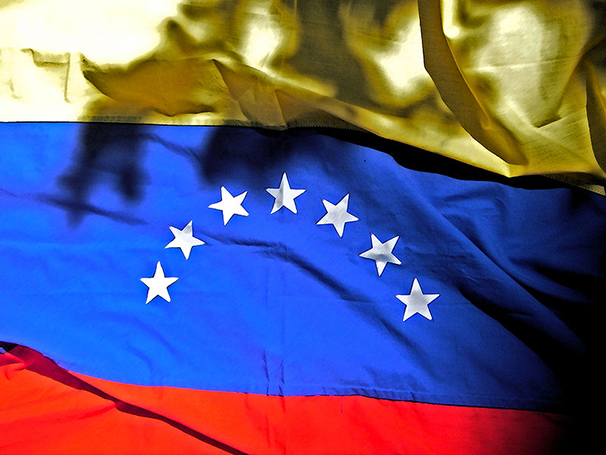
Global attention is focused on Venezuela after an increase in demonstrations against President Nicolás Maduro’s socialist government last week.
Gallatin sophomore Daniela Franco said the discontent among younger Venezuelans has already been evident in protests for about a month.
“It’s been going on for longer that 10 days and it’s just finally getting attention,” Franco said. “The fact that the Venezuelan government has managed to shut down TV channels within their country to stop images of the riots getting out is quite frankly appalling. This is something that has been years in the making, long before [former president] Hugo Chávez’s death.”
Stern freshman Luisa Coutinho, who has family in Valencia, Venezuela, said the circumstances in the country are troubling.
“In the past year most of my family has had to flee the country due to safety issues caused by the corrupt governments that have plagued the country for the last decade,” Coutinho said.
The recent protests are a result of a decade of civil unrest as demonstrators demand freedom of speech, better security and fewer goods shortages stemming from high inflation. Maduro, formerly Chávez’s vice president, won the presidency in April 2013 in a close election following Chávez’s passing. Maduro won the disputed election with 50.6 percent of the popular vote to opponent Henrique Capriles Radonski’s 49.1 percent.
GLS sophomore Ashley Slater said the media fuel the violence in Venezuela and unfairly portray Maduro.
“Maduro’s ways of controlling the protests are reminiscent of a dictatorship, but he is not the only one at fault,” Slater said. “The media blow everything out of proportion, and most of the articles online attempt to portray an unbiased view, but honestly end up depicting him as a dictator pushing the country into the ground, which is obviously not true.”
Peaceful student protests began on Feb. 12 but were met with a violent governmental reaction, killing three demonstrators on Feb. 13. While the protesters are primarily students, oppositional political leaders have also joined the demonstrations.
Coutinho said she is ultimately optimistic for conditions in Venezuela to improve.
“College students like myself are taking to the streets, knowing the dangers of participating in these protests to get their opinions heard,” Coutinho said. “It is inspiring to see Venezuelans from all over the world gathering to support the cause, and I am still hopeful for a better future.”
Steinhardt freshman Sebastian Coloma urged the NYU community to stay informed.
“As a Venezuelan student living in New York, it pains me to see my country in such state of turmoil,” Coloma said. “The United States government must demand from the Venezuelan government to return to the democratic ways and to apply severe sanctions to the government officials who are involved in corruption of the system and in violations of human rights.”
Coutinho said NYU students have the chance to make an impact through gatherings and social media.
“I am optimistic that there will be good to come and that support will continue growing,” Coutinho said.
A version of this article appeared in the Monday, Feb. 24 print edition. Kavish Harjai and Ann Schmidt are news editors. Email them at [email protected].

